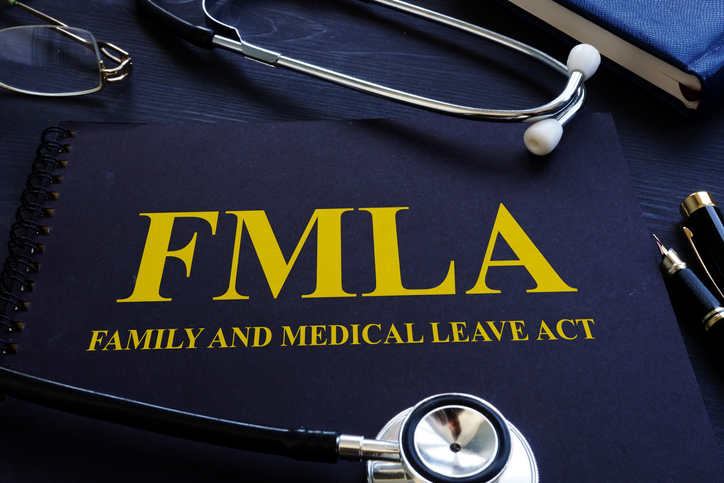What Employers Can Expect from the Emergency Coronavirus Bill
Date
March 16, 2020
Read Time
3 minutes
Share

Early Saturday morning, the House of Representatives passed H.R.6201—the Families First Coronavirus Response Act—which provides for expanded FMLA benefits and paid sick leave to many employees, in addition to other emergency measures to respond to the coronavirus pandemic.
Here’s what employers can expect if the Act passes in its current form. The legislation has not yet passed the Senate and it may undergo significant revisions as part of the reconciliation process. We will update you on the final legislation that gets passed. Also, as currently drafted, the provisions below will apply only to employers with 500 or fewer employees.
Public Health Emergency FMLA Benefits
The Act will expand benefits under the Family and Medical Leave Act (FMLA) to include 12 weeks of paid job-protected leave for needs related to a public health emergency. Employees who have been working for at least 30 calendar days will be eligible.
Eligible employees can use expanded FMLA leave to:
- comply with a recommendation or order by a public official to quarantine who cannot perform the functions of the position while complying with the order; or
- care for a family member who is subject to recommendation or order by a public official to quarantine; or
- care for a child under 18 whose school or place of care has been closed, or whose childcare provider is unavailable due to a public health emergency.
The first 14 days of the leave may be unpaid. Employees may use accrued personal or sick leave during the first 14 days, but employers may not require employees to use accrued paid leave. After the first 14 days, employers must pay the employees at least two-thirds of their regular rate of pay for the number of hours the employee would normally be scheduled to work.
The FMLA leave is be job protected, except that employers with less than 25 employees need not restore the employee to their position, if the position no longer exists due to economic conditions caused by the public health emergency, and the employer has made reasonable efforts to restore the employee to an equivalent position.
Paid Sick Leave
The Act will also require employers to provide 80 hours of paid sick leave to full-time employees (or the number of hours the employee typically works over a two-week period for part-time workers) to be used for the following coronavirus-related purposes:
- To self-isolate because the employee is diagnosed with coronavirus;
- To obtain a medical diagnosis or care if such employee is experiencing the symptoms of coronavirus;
- To comply with a recommendation or order by a public official or a health care provider to quarantine because the employee was exposed to coronavirus or is exhibiting coronavirus symptoms;
- To care for or assist a family member of the employee who is self-isolating because a family member has been diagnosed with coronavirus or is experiencing symptoms of coronavirus and needs to obtain medical diagnosis or care;
- To care for a family member if a public official or a health care provider order to quarantine because of the exposure of such family member to the coronavirus exhibition of symptoms of coronavirus by such family member; or
- To care for the child of such employee if the school or place of care has been closed, or the childcare provider of such child is unavailable because of coronavirus.
Sick leave will be available to employees immediately, regardless of how long they have been employed with the employer. This paid sick leave must be provided in addition to any other paid sick leave offered to employees. Employers may not amend their sick leave policies to avoid offering additional leave.
Employers will be required to post a notice informing employees of their rights to leave. The Secretary of Labor will provide a model notice.
The FMLA benefits and sick leave provisions will go into effect within 15 days after the date of enactment and will expire on December 31, 2020
Levenfeld Pearlstein continues to monitor developments regarding COVID-19 and is available to provide advice and guidance—remotely—to employers with questions about managing their workforce during the pandemic.
For more resources and LP's response to COVID-19, visit this webpage.